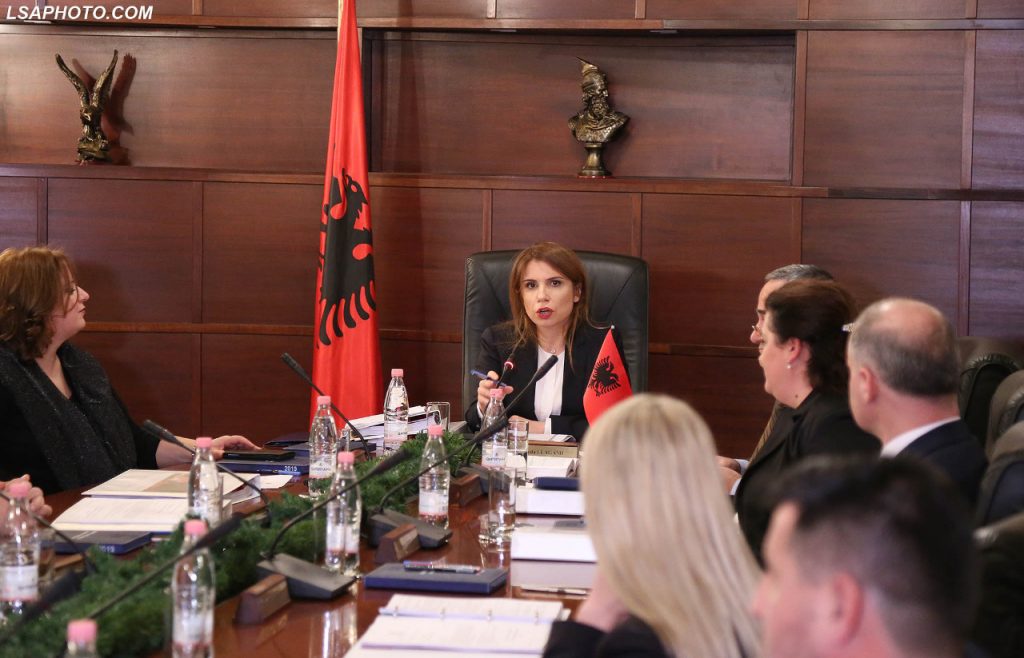
On 27 December, the High Judicial Council (KLGj) reached a decision regarding the installment of the Special Court with temporary judges.
This decision of KLGj is a violation of the Constitution and Law no. 95/2016 “On the organization and functioning of institution for combating corruption and organized crime”, according to which judges of special courts must have been vetted. Furthermore, the law does not allow the nomination of temporary judges to special courts.
Exit.al brings the legal violations of KLGj.
Firstly, according to the Constitution and Law no. 95/2016, the KLGj can nominate temporary judges to seats left vacant by the vetting process in regional courts but not in special courts. “Temporary judges” in the Special Court is not a term prescribed in the Constitution or in the Law.
Government to Government: Serbia Demands Albania to Retract Recognition of Kosovo
Secondly, the KLGj cannot nominate a judge prior to a final decision in the vetting process, i.e., a decision by the Special Appeals Chamber (KPA).
Article 6.1 of Law no. 95/2016 prescribes that all judges running for seats in the special courts must meet the following security conditions prior to nomination:
a) Control on the reviewing of their background and assets;
b) Giving consent to periodic control of their bank accounts and personal telecommunications, for which the applicant shall complete and sign a written statement as found in Annexes B1 and B2 of this law;
c) Consent from the close family members to periodic control of their bank accounts and personal telecommunications, for which the close family members shall sign a written waiver as found in Annex B3 of this law.
Article 57 prescribes that the Independent Qualification Commission (KPK) shall screen candidates for judges in the Anti-Corruption and Organized Crime Courts or prosecutors of the Special Prosecution Office, and their close family members, for a period of 4 years from the entry into force of this law.
Albanian Government Relaunches Bid To Control Media
The same Article states that “A judge or prosecutor who has passed successfully this process of re-evaluation, is considered to meet the security requirement […]” and “Only after successfully passing the re-evaluation process, by final decision, they may be eligible to be promoted as judges of the Anti-Corruption and Organized Crime Courts or prosecutors of the Special Prosecution Office.”
The special courts will rule on criminal cases of corruption and organized crime, as well as on criminal charges against current and former ministers, deputies, mayors and high officials.

